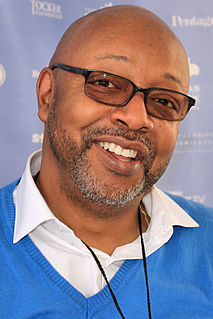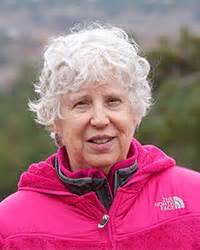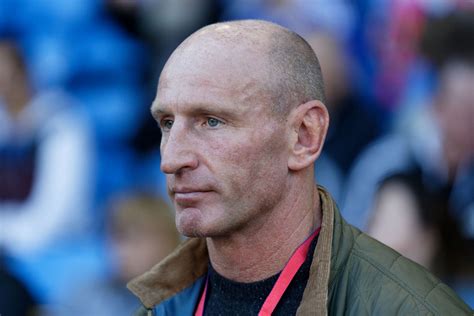A Quote by Ivy Compton-Burnett
It is not for us to hold ourselves above the position of grateful people. We have to be able to accept. Anything else shows an unwillingness to grant someone else the superior place.
Related Quotes
People are always pleased to indulge their religiosity when it allows them to stand in judgment of someone else, licenses them to feel superior to someone else, tells them they are more righteous than someone else. They are less enthusiastic when religiosity demands that they be compassionate to someone else. That they show charity, service and mercy to everyone else.
We can carry the burden of hurt throughout our lives. We can make the hurt that we have experienced the defining aspect of our stories of ourselves. That means that somebody else gets to say who we are, somebody else gets to decide how we feel, and somebody else gets to decide how we see the world. Forgiveness not only frees us from the burden of someone else's opinion of us, but it allows us the opportunity to really write a story of ourselves that we can love, enjoy, relish, and live into.
Everyone has a right to be interested in himself, and I am confident that God wants us to be interested in ourselves first; that is, the first soul that anyone should bring to God should be his own soul. We cannot do very much for anyone else until we have first done something for ourselves. That is, it is pretty difficult to give someone else an education unless we have some education ourselves. It is pretty hard to get someone else to think unless we ourselves are thinkers.
The fact that God accepts us should be our motivation for accepting ourselves. If we cannot accept ourselves the way we are, with our limitations and assets, weaknesses as well as strengths, shortcomings as well as abilities; then we cannot trust anyone else to accept us the way we are. We will always be putting on a front, building a facade around ourselves, never letting people know what we are really like deep down inside.
Some of us can accept others right where they are a lot more easily than we can accept ourselves. We feel that compassion is reserved for someone else, and it never occurs to us to feel it for ourselves. My experience is that by practicing without 'shoulds,' we gradually discover our wakefulness and our confidence. Gradually, without any agenda except to be honest and kind, we assume responsibility for being here in this unpredictable world, in this unique moment, in this precious human body.
Which is superior, the Constitution or Sharia law? In Sharia law by their teachings is superior to everything else, it replaces everything else, it replaces the Constitution itself. So, you can`t be assimilated into the American civilization and accept Sharia law as being superior to our Constitution. It`s antithetical to Americanism.






































